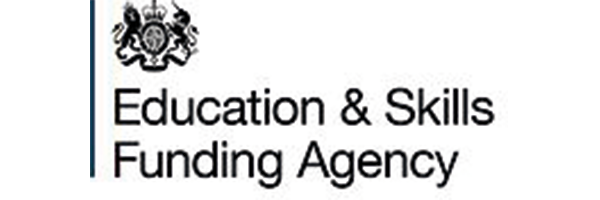Self-harm is when somebody intentionally damages or injures their body. It’s usually a way of coping with or expressing overwhelming emotional distress.
Sometimes when people self-harm, they feel on some level that they intend to die. More than half of people who die by suicide have a history of self-harm. But the intention is more often to punish themselves, express their distress, or relieve unbearable tension. Sometimes it’s a mixture of all three. Self-harm can also be a cry for help.
Getting help
If you’re self-harming, you should see your GP for help. They can refer you to healthcare professionals at a local community mental health service for further assessment. This assessment will result in your care team working out a treatment plan with you to help with your distress.
Treatment for people who self-harm usually involves seeing a therapist to discuss your thoughts and feelings, and how these affect your behaviour and wellbeing. They can also teach you coping strategies to help prevent further episodes of self-harm.
If you’re badly depressed, it could also involve taking antidepressants or other medication.
Talking about self-harm – Watch this video and find out why young people may self-harm
https://www.nhs.uk/conditions/self-harm/
Types of self-harm
There are many different ways people can intentionally harm themselves, such as:
- Cutting or burning their skin.
- Punching or hitting themselves.
- Poisoning themselves with tablets or toxic chemicals.
- Misusing alcohol or drugs.
- Deliberately starving themselves (anorexia nervosa) or binge eating (bulimia nervosa)
- Excessively exercising.
People often try to keep self-harm a secret because of shame or fear of discovery. For example, if they’re cutting themselves, they may cover up their skin and avoid discussing the problem.
Signs of self-harm
If you think a friend or relative is self-harming, look out for any of the following signs:
- Signs of depression, such as low mood, tearfulness or a lack of motivation or interest in anything.
- Self-loathing and expressing a wish to punish themselves.
- Not wanting to go on and wishing to end it all.
- Becoming very withdrawn and not speaking to others.
- Changes in eating habits or being secretive about eating, any unusual weight loss or weight gain.
- Signs of low self-esteem, such as blaming themselves for any problems or thinking they’re not good enough for something.
- Signs they have been pulling out their hair.
- Signs of alcohol or drugs misuse.
People who self-harm can seriously hurt themselves, so it’s important that they speak to a GP about the underlying issue and request treatment or therapy that could help them.
Why people self-harm
Self-harm is more common than many people realise, especially among younger people. It’s estimated around 10% of young people self-harm at some point, but people of all ages do. This figure is also likely to be an underestimate, as not everyone seeks help. In most cases, people who self-harm do it to help them cope with overwhelming emotional issues, which may be caused by:
- Social problems – such as being bullied, having difficulties at work or school, having difficult relationships with friends or family, coming to terms with their sexuality if they think they might be gay or bisexual, or coping with cultural expectations, such as an arranged marriage
- Trauma – such as physical or sexual abuse, the death of a close family member or friend, or having a miscarriage
- Psychological causes – such as having repeated thoughts or voices telling them to self-harm, disassociating (losing touch with who they are and with their surroundings), or borderline personality disorder
These issues can lead to a build-up of intense feelings of anger, guilt, hopelessness and self-hatred. The person may not know who to turn to for help and self-harming may become a way to release these pent-up feelings. Self-harm is linked to anxiety and depression. These mental health conditions can affect people of any age. Self-harm can also occur alongside antisocial behaviour, such as misbehaving at school or getting into trouble with the police. Although some people who self-harm are at a high risk of suicide, many people who self-harm don’t want to end their lives.
In fact, the self-harm may help them cope with emotional distress so they don’t feel the need to kill themselves.
What to do about self-harm?
Take the first step – If you think you are affected by self-harm talk to someone, a parent or relative you trust, perhaps your Assessor or Tutor. If you don’t think you can confide in anyone, talk to your GP.
Talk to your GP – Self-harm can be a sign of other disorders that you need help with such as depression or anxiety and they can refer you to the right people for treatment. You may also be referred to child and adolescent mental health services (CAMHS) so you can have an assessment for the right treatment for you.
The video links below produced by CAMHS give a young person & adult’s perspective
https://www.youtube.com/watch?v=kT5cr-HTTEQ&t=28s
https://www.youtube.com/watch?v=b4cPCcJ6o88
Useful organisations
There are organisations that offer support and advice for people who self-harm, as well as their friends and families.
These include:
- Samaritans – call 116 123 (open 24 hours a day), email jo@samaritans.org, or visit your local Samaritans branch
- Mind – call 0300 123 3393 or text 86463 (9am to 6pm on weekdays)
- Harmless – email info@harmless.org.uk
- YoungMinds Parents Helpline – call 0808 802 5544 (9.30am to 4pm on weekdays)






